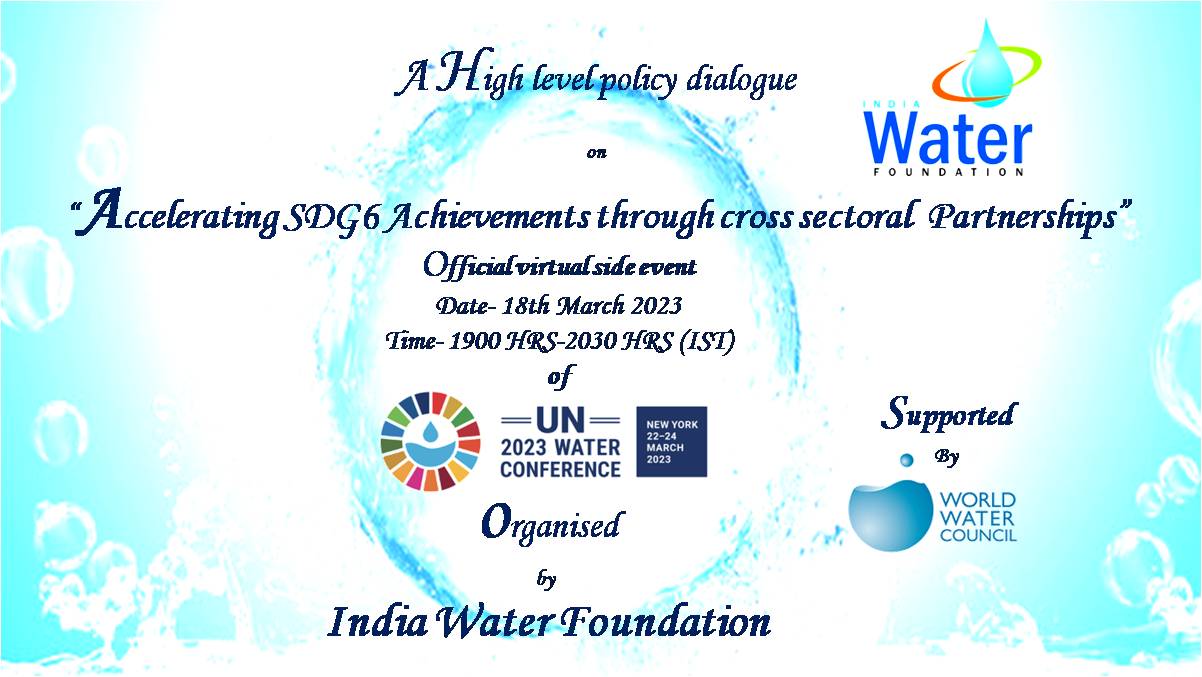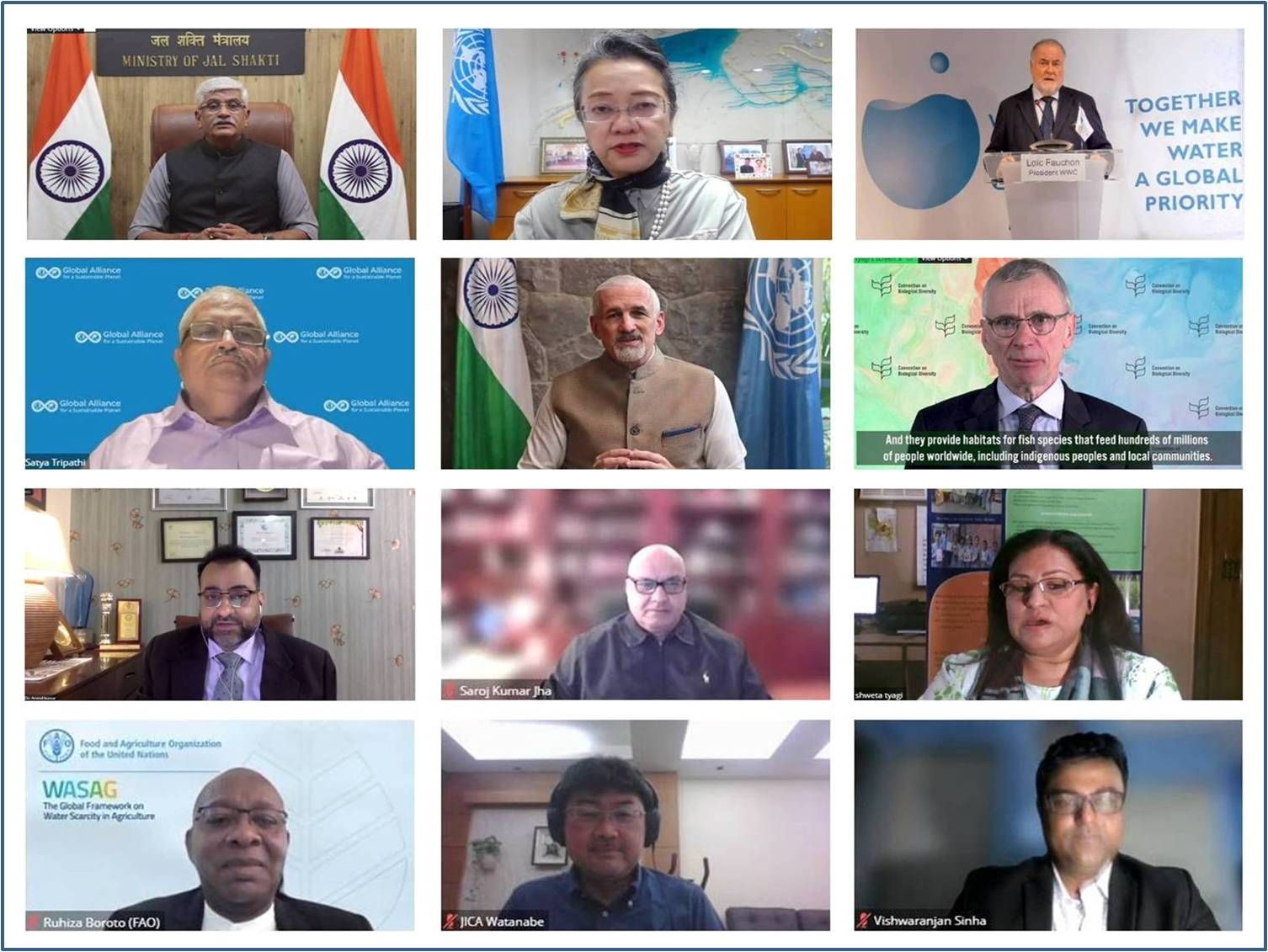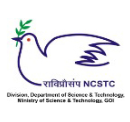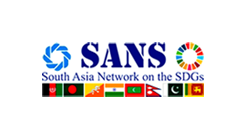
Topic: ‘Accelerating SDG 6 Achievements through Cross Sectoral Partnerships’ A High level Policy Dialogue
Webinar ID: 831 8451 1247
Passcode: 108364
To Join the Webinar Click Here
Passcode: 108364
Background
SDG 6 is to ensure availability and sustainable management of water and sanitation for all by 2030. However, SDG 6 goes far beyond water and sanitation services to cover the entire water cycle. Water is not just a sector but a connector, a key enabler and solution addressing multiple global challenges from climate change to global health and nutrition, while supporting other sectors to progress. If we fail to reach the 2030 agenda we are not only endangering the success of many other sectors and global agendas but we put our future at risk. Aside from domestic purposes, water is needed across all sectors of society, to produce food, energy, goods and services. Over the last years, many fora have identified challenges, formulated recommendations and acknowledged the need for action to achieve the water-related Goals and targets. The implications that its (non) achievement will have for almost all other SDGs, as well as for the global ability to deal with climate change, biodiversity loss and disasters is daunting. Increasing urbanization, a growing population together with current challenges such as the Covid-19 pandemic, migration and increasing loss of ecosystems and biodiversity underline the urgency for cross-sectoral action. Integrating our approaches with improved governance and coordination across sectors and geographical borders is an imperative to accelerate SDG6 achievements.
Objectives
The main objective is to identify and find solutions on several bottlenecks impeding greater progress on SDG 6 acceleration. Policy and institutional fragmentation between levels, actors and sectors means that decisions taken in one sector (e.g. agriculture, energy, health, and environment) often do not consider the impacts on water availability and water quality in other sectors. Funding gaps and fragmentation impede progress across levels, while data and information often are not available or not shared between sectors for effective informed decision making. Meanwhile, gaps in institutional and human capacity, especially at the level of local governments and water and sanitation providers, slows implementation of SDG 6 along with outdated infrastructure and governance models. Hence there is an urgent need to accelerate effective cross sectoral partnerships to deliver on the SDG6 which in turn would contribute to a range of other SDGs including on climate action. Promoting sustainable use of resources and enhancing investments in sectors vulnerable to climate change, such as the water sector and water dependent sectors is a priority for global prosperity.

A High Level Policy Dialogue on ‘Accelerating SDG 6 Achievements through Cross Sectoral Partnerships’ : VIDEO LINK CLICK HERE
Summary of the Session : CLICK HERE




